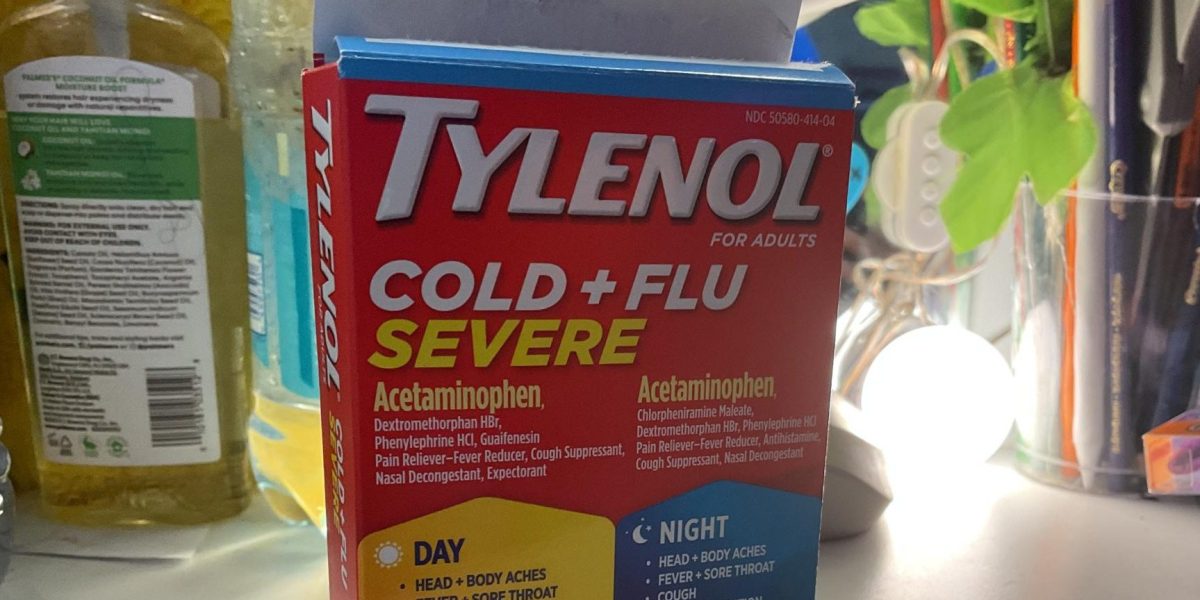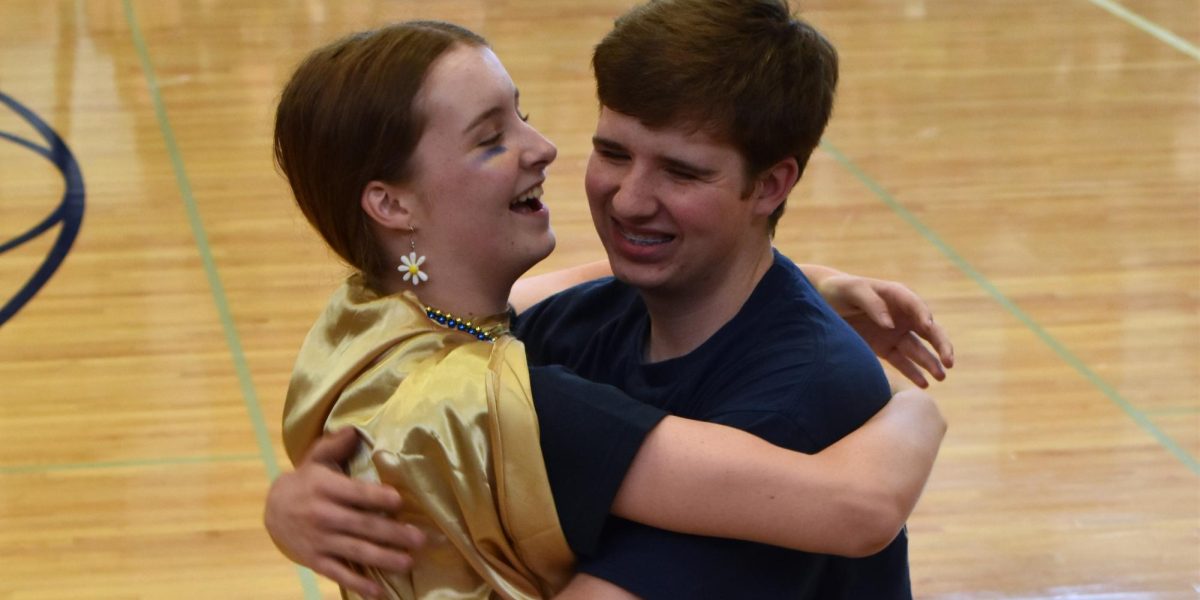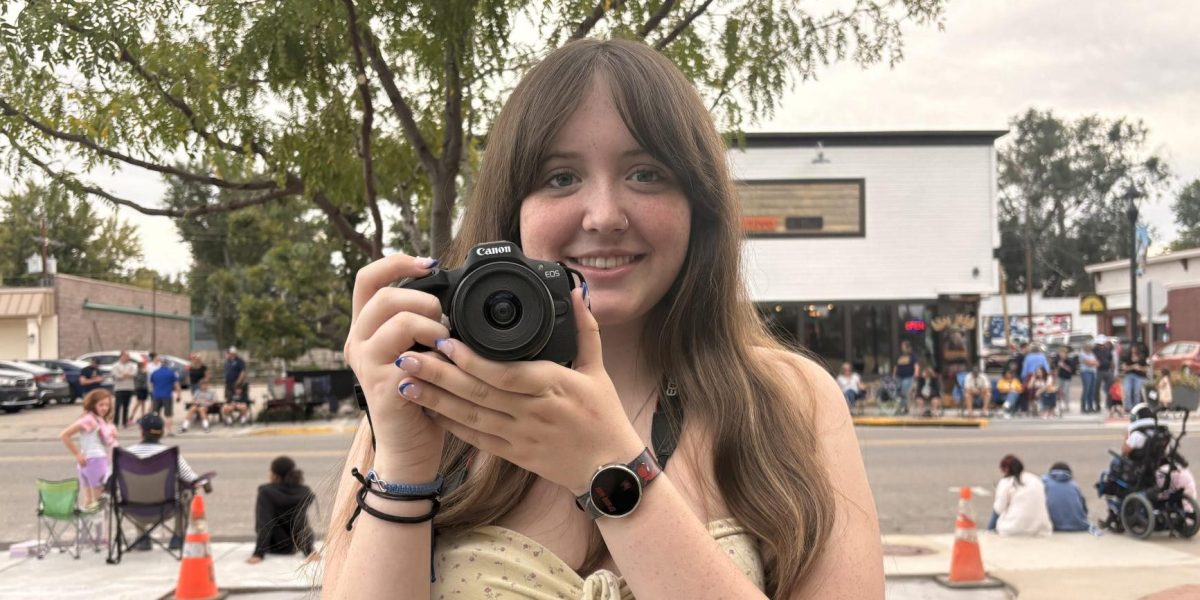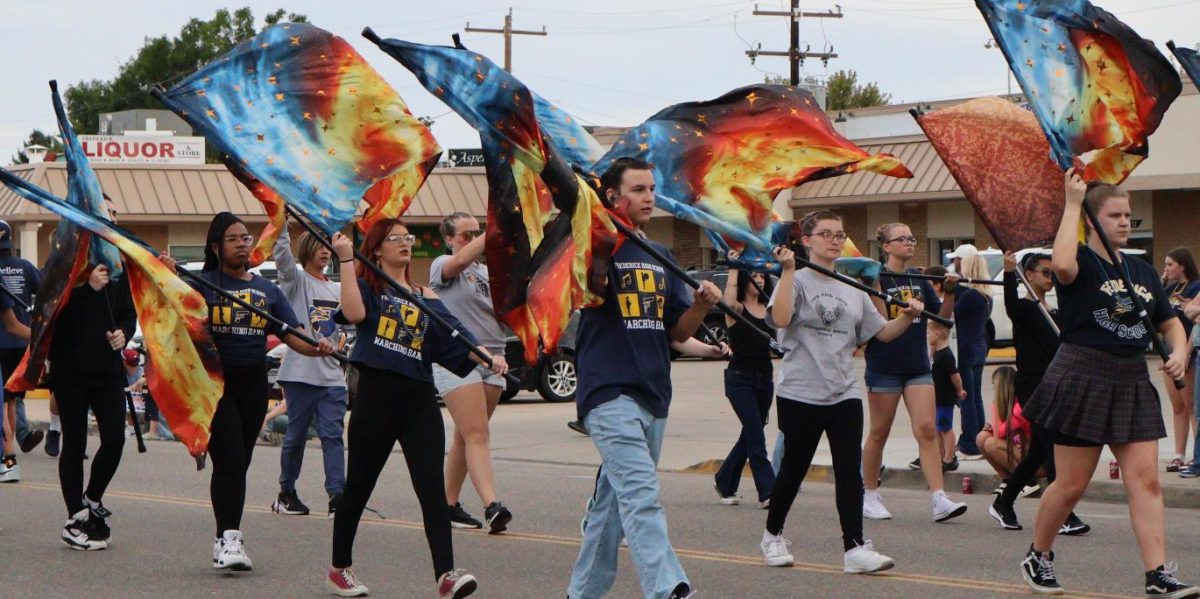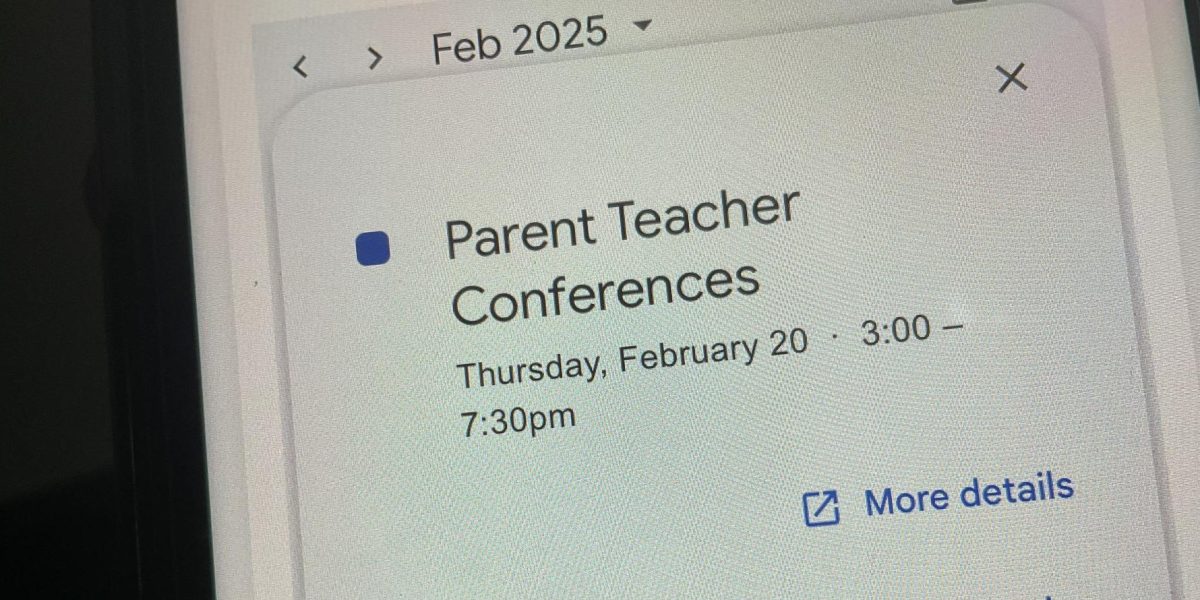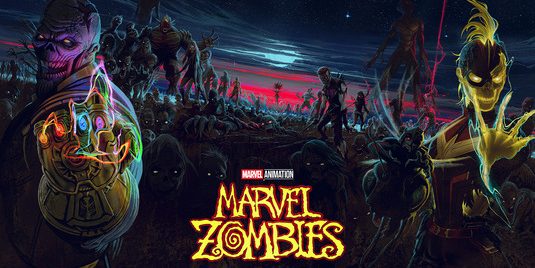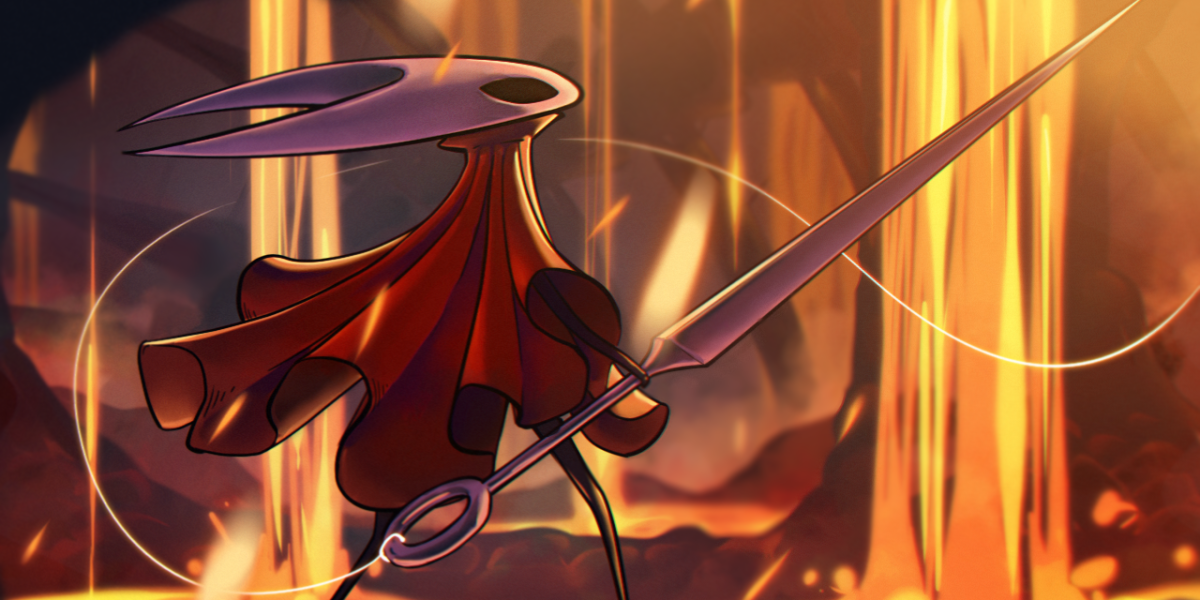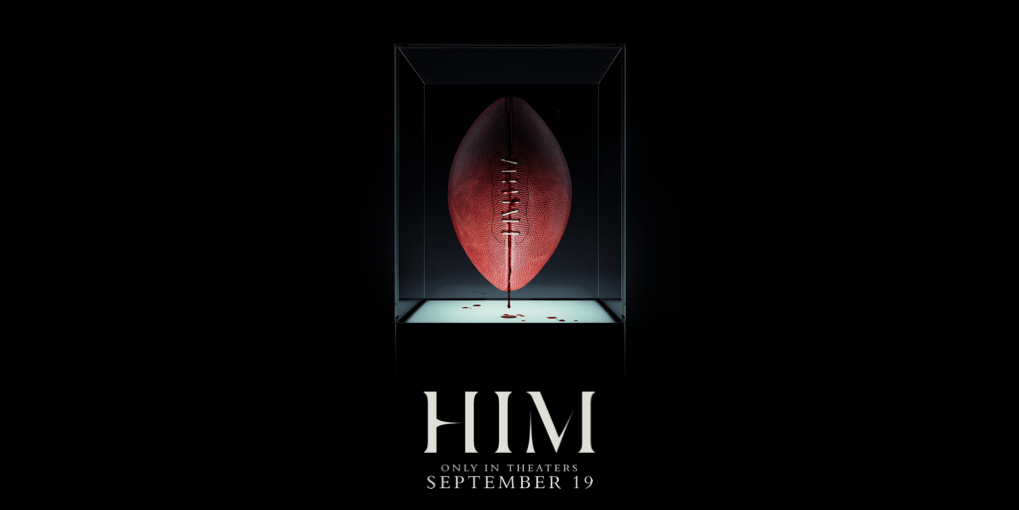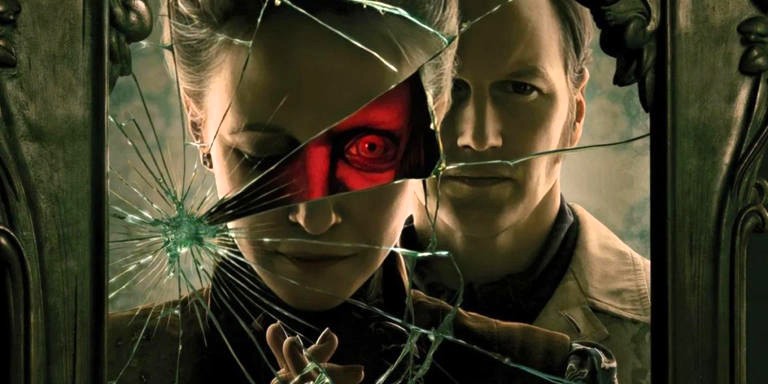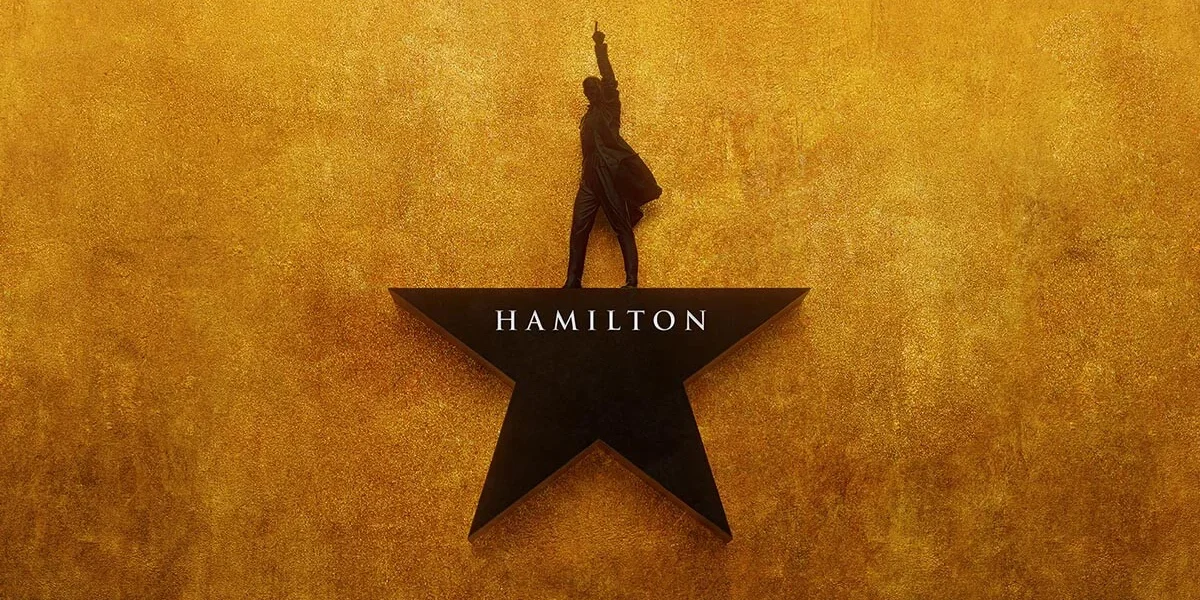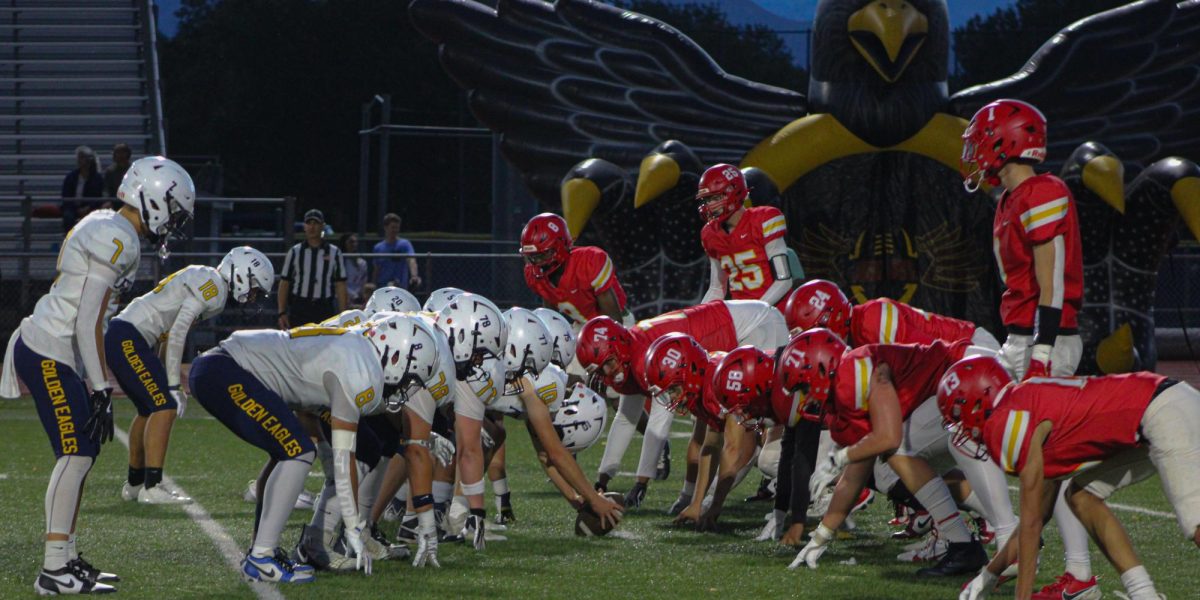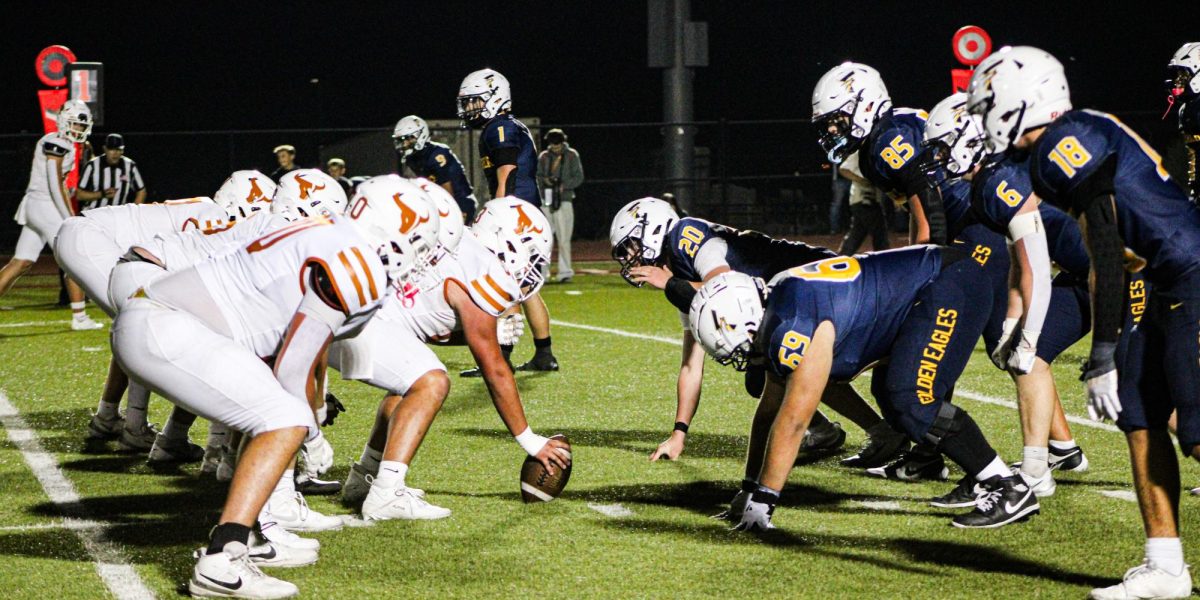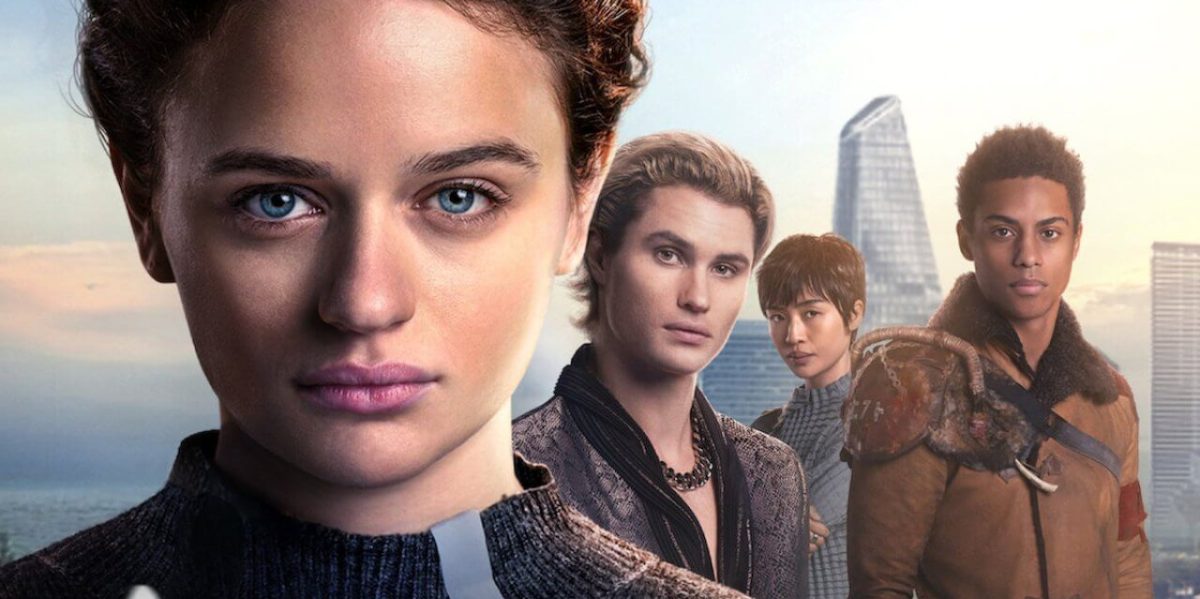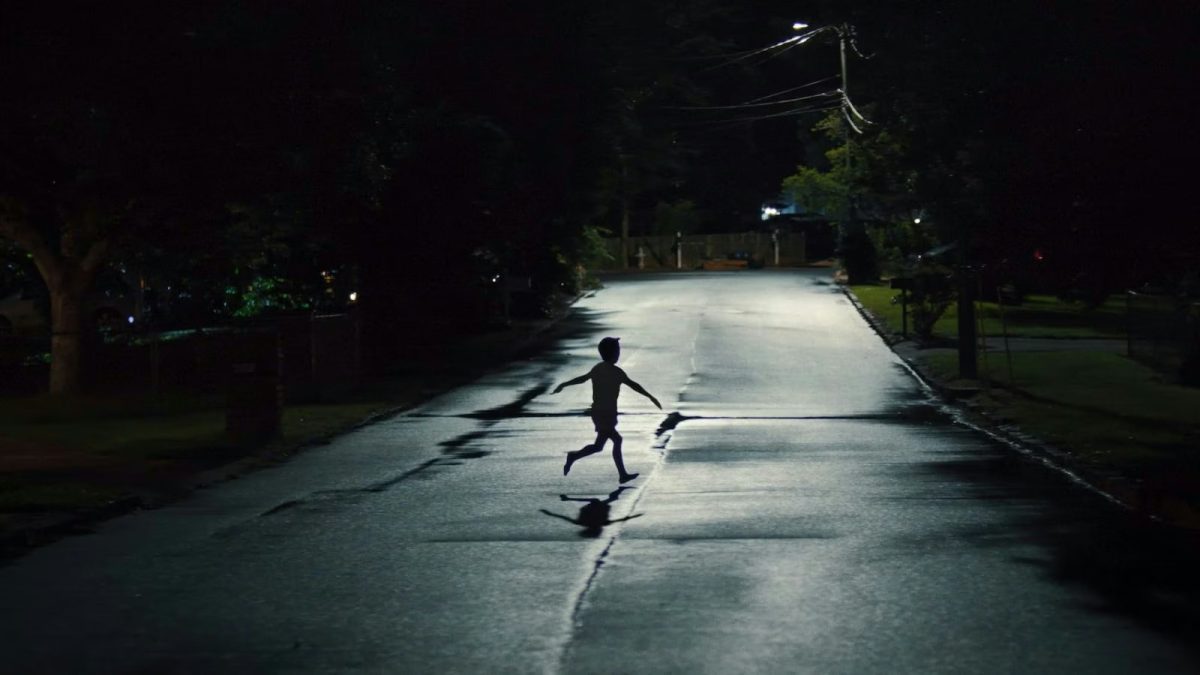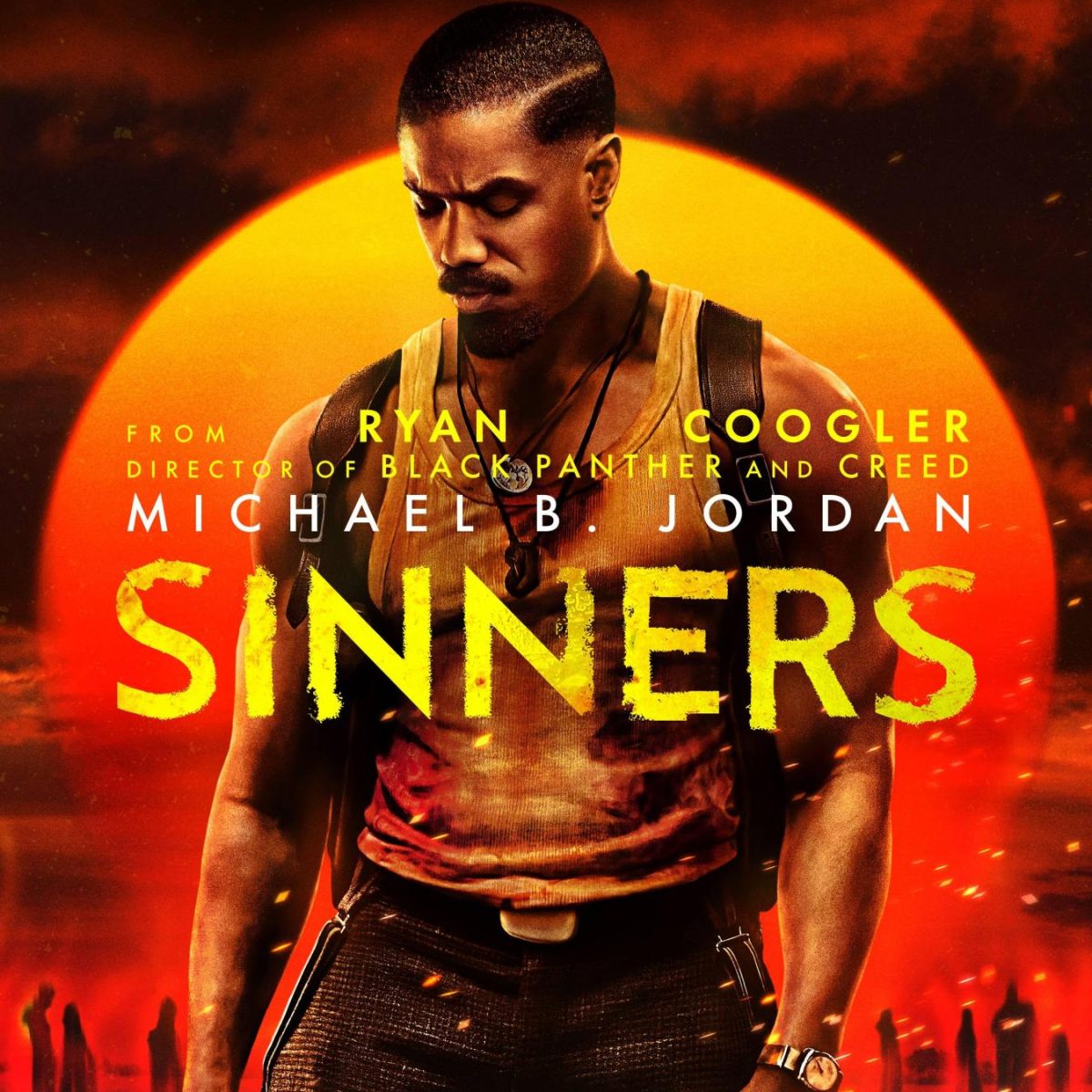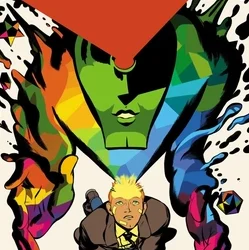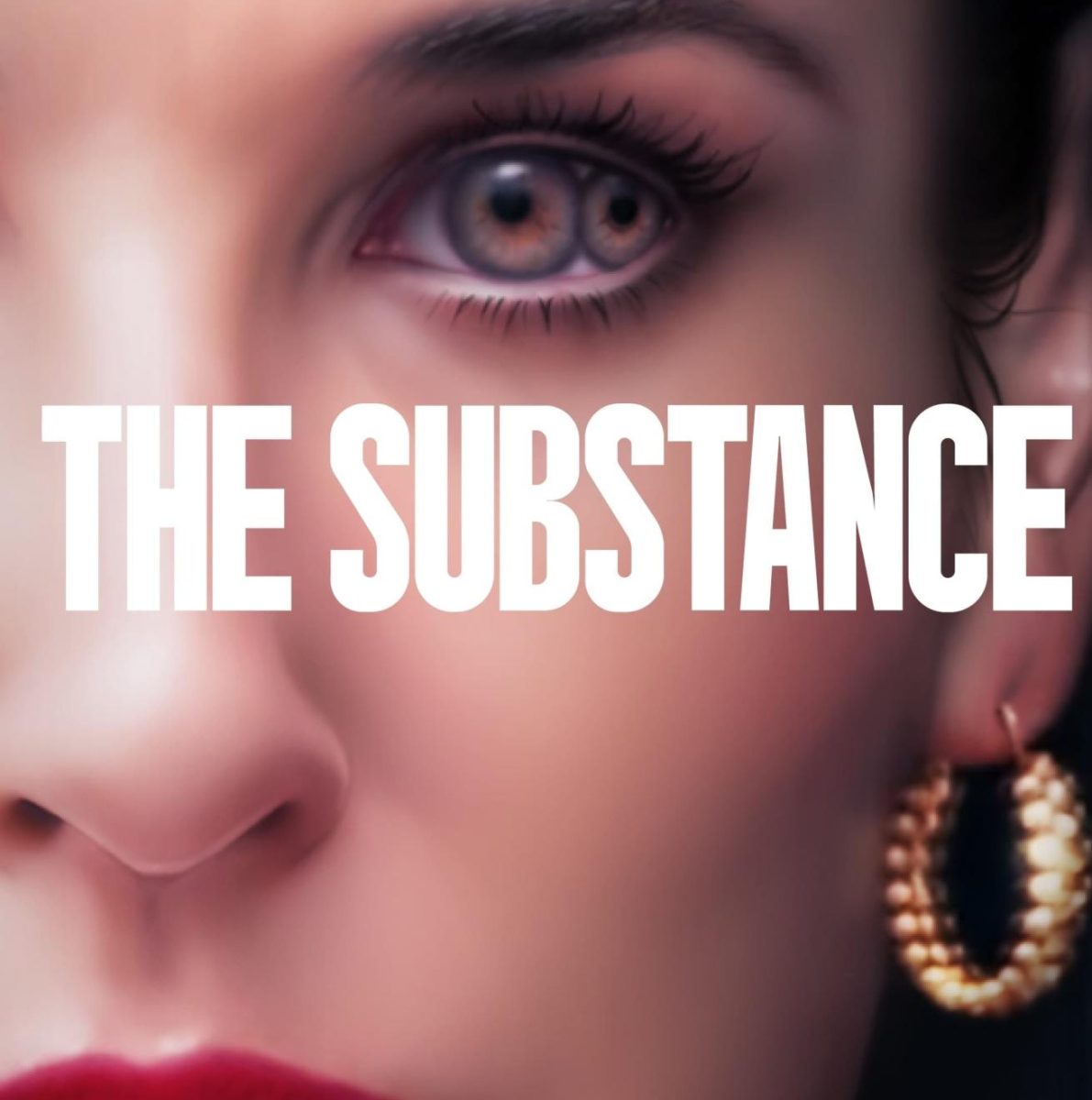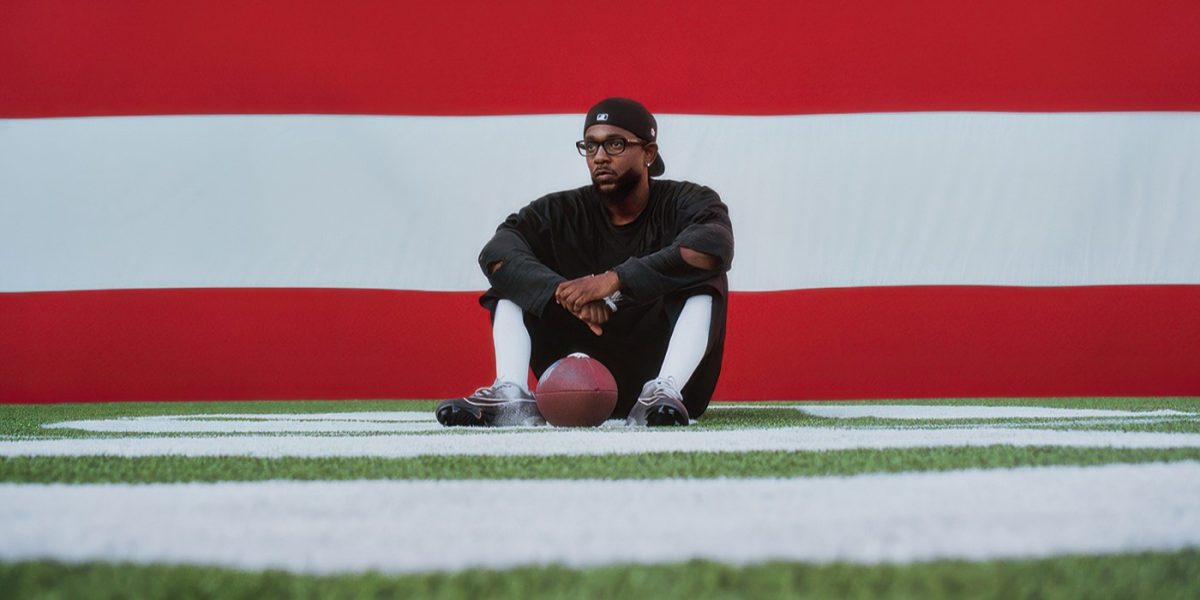Film series based on dystopian young adult novels were all the rage in the 2010s. The four Hunger Games films (before last year’s Songbirds and Snakes) had a combined box office of $3.3 billion, the Maze Runner films grossed over $900 million, and the Twilight saga raked in $3.7 billion. Uglies is the newest Netflix movie to follow the YA dystopia adaptation formula, but while it may be at the top of the trending charts, this film feels out of fashion and nothing special.
Based on the 2005 Scott Westerfeld novel, Uglies depicts a future where every adolescent (called an Ugly) receives government-funded cosmetic surgery on their 16th birthday to become a Pretty. Tally Youngblood (played by Joey King), wants to be a Pretty more than anything else, but after making friends with another Ugly in (not making this up) New Pretty City, Tally is introduced to a renegade group who thinks everyone is fine how they are naturally.
The first thing to get out of the way about Uglies is the world, which is painfully mediocre with nothing to break the dystopian mold. There is no distinction between New Pretty City and the Capitol of the Hunger Games, and the reason society fell into the iron grip of beauty standards is not explored enough to engage someone. Part of this is due to how fast the movie moves through its plot: with locations and alliances changing every few minutes, it’s hard for someone who hasn’t read the book to keep track.
The story has some interesting elements (like the evil secret behind the Pretties that was obvious from the first 20 minutes), but the stakes of what was happening could have been raised. Tally is pressured to turn her back on her friends so she can be a Pretty, but they would make her a Pretty anyway. The film feels like a great story revolving around a main character who isn’t really involved and can walk away at any time.
The film also doesn’t do enough to make the villains threatening, which could have been solved if they showed more darker parts of New Pretty City. Characters talk about a bunch of horrible things, but the audience doesn’t get to see them. Tally’s allies get almost as little background as the villains, as not enough time is spent with the renegade Smoke for the audience to get to feel for any of them.
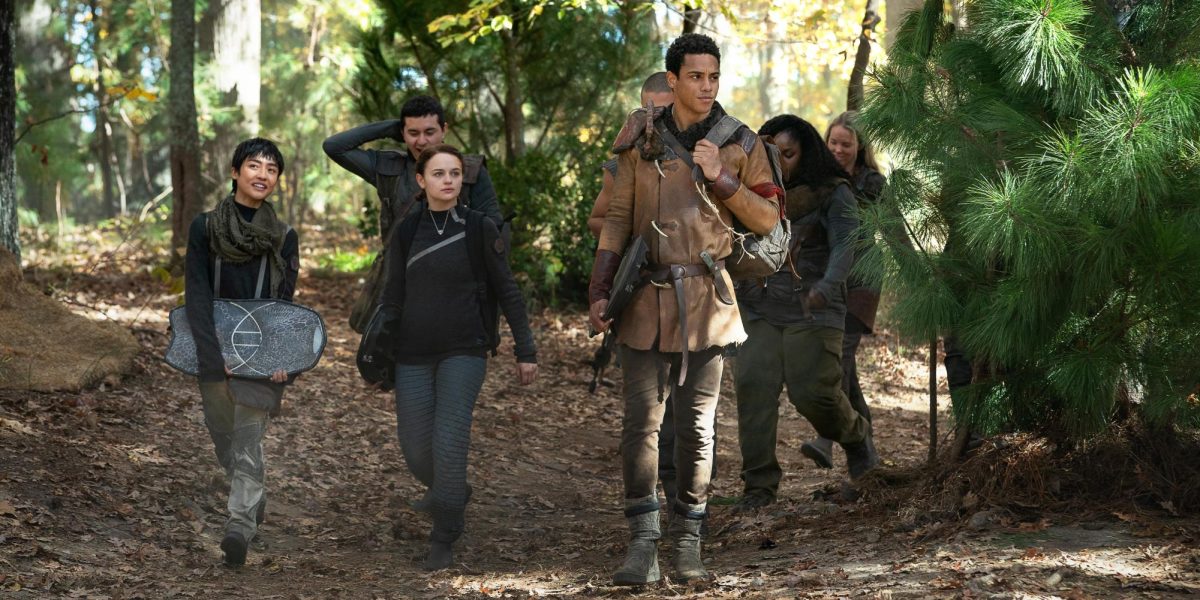
The lack of development leads to the characters all feeling boring. This is best represented by Croy, a character who doesn’t trust Tally, but when his concerns are proven valid, he quickly forgives her actions. Not even Joey King is a standout: while King has won praise for her recent roles in Bullet Train and The Kissing Booth movies, she feels like a knockoff Katniss Everdeen wandering her way through the plot. The one exception to this bland character roster is Peris, Tally’s old friend who has become a Pretty. Through his eyes, the audience gets to see what it’s actually like to be a Pretty and can feel the pain behind the beauty.
Another enjoyable aspect of the film was the production design. The contrast of the slick, bright city and the drab, bland Ugly school drives home the separation of these elements of society. Some of the futuristic gadgets are also neat (especially the hoverboard scenes), but the effects were cheap-looking at times and, fitting with the overall vibe of the movie, are outdated by about a decade.
Ultimately, Uglies is not worth the watch since it doesn’t add anything of value to the dystopian genre. Uglies was the first in four books, and there were plans for director McG (known for both Babysitter movies) to adapt the rest of the series into films. However, the critical rejection of this film and fan criticism make this more unlikely each day. Someone who is a big fan of the dystopian genre, has read the original books, or is just looking for anything to turn their brain off and watch for two hours may like this film, but most audiences will find nothing redeeming in watching this film.

